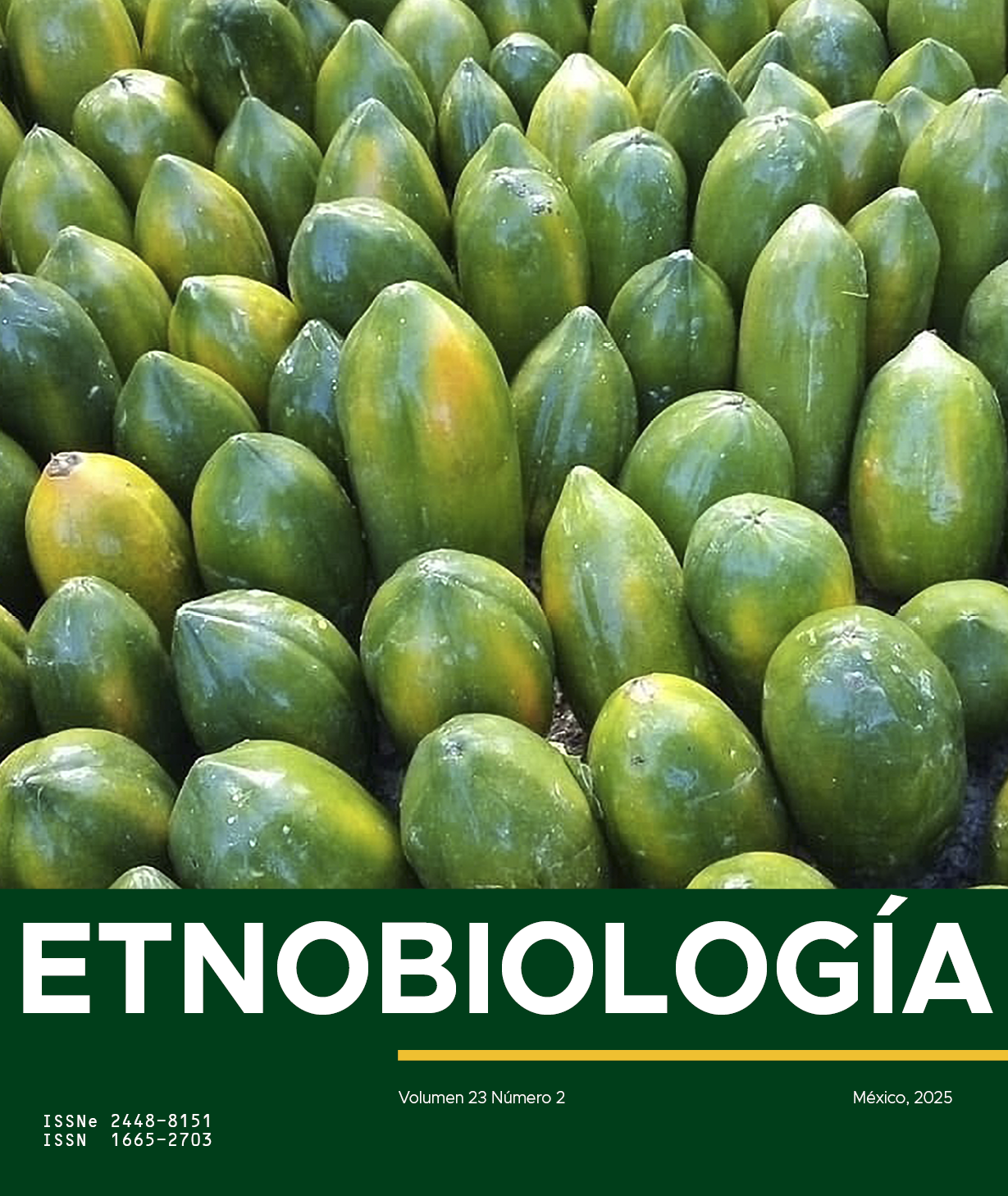CONFLICT FACTORS BETWEEN JAGUARS AND PEASANT COMMUNITIES IN THE SAN JUAN BLOCK IN THE MUNICIPALITY OF VILLAGARZÓN, PUTUMAYO, COLOMBIA
Abstract
Human-wildlife conflict is a socio-ecological problem that affects the conservation status of carnivores such as the jaguar, which are persecuted and hunted because of the economic losses they cause to communities. Considering that this phenomenon involves socio-cultural aspects, the perception of wildlife and human-feline conflict was analyzed based on surveys, social mapping and interviews. The results suggest that, in the study area, the perception towards wildlife is mainly positive, especially because of the functionality that certain species can represent for the community. According to the community's perception, the domestic animals most affected by human-wildlife conflict were poultry, with the main predator being "the jaguar" and, to a lesser extent, other carnivores. The factors of human-feline conflict in El Bloque San Juan are inadequate management of domestic animals, proximity of human properties to forested areas, and possibly seasonality.
Copyright (c) 2025 Brayan Alberto Molina Vargas (Autor/a)

This work is licensed under a Creative Commons Attribution-NonCommercial 4.0 International License.


